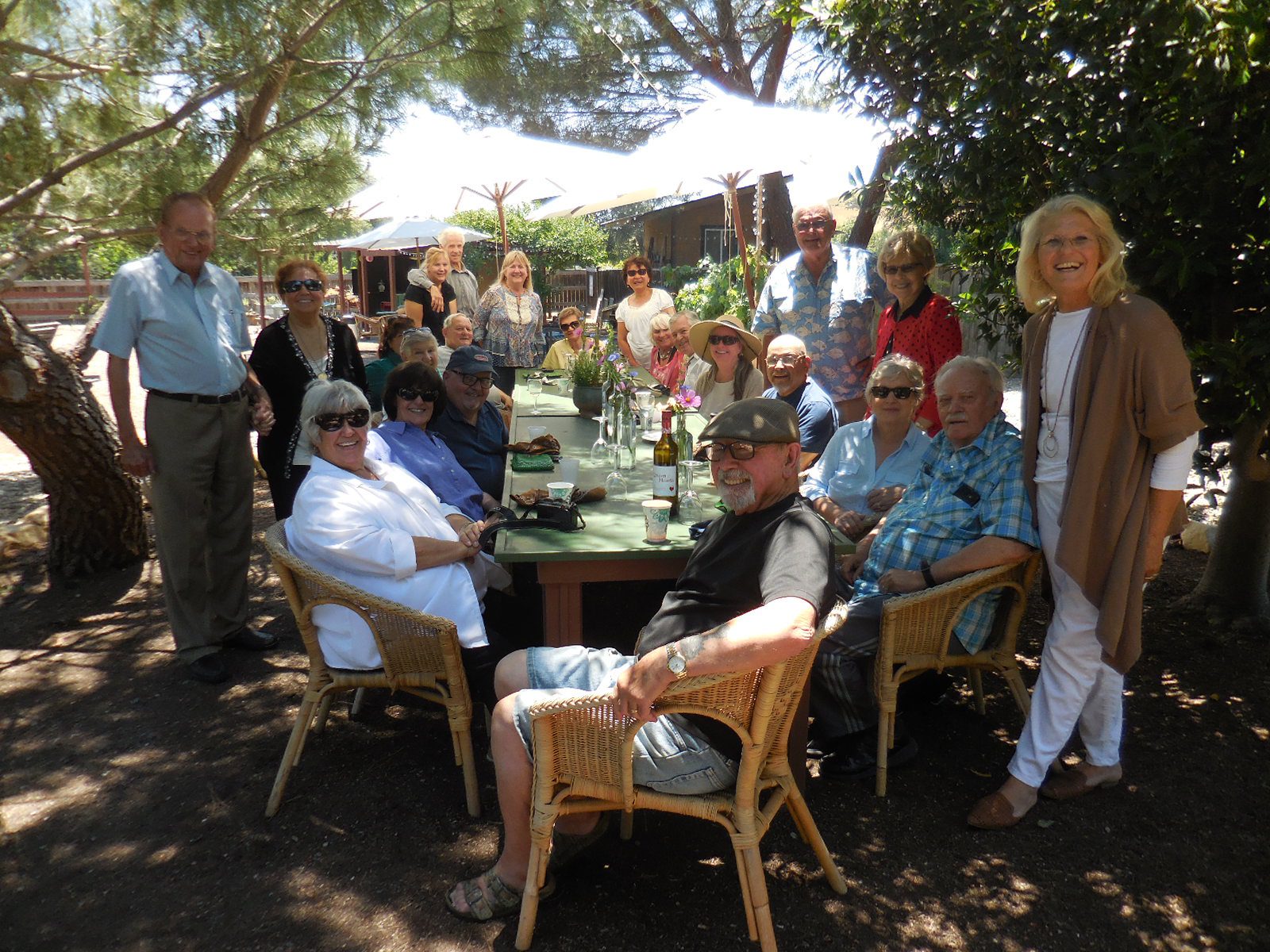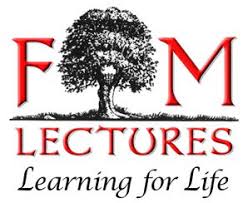By James Riley
Contributing Writer
Do we really shrink as we age? It’s a frequent question from seniors in my classes and club members at Performance Fitness. Perhaps their doctor measured and informed them that they are an inch shorter than they believed, or maybe the kids commented, “Dad, you look shorter than you used to be.”
Our children do have a tendency to precisely point out our shortcomings. Is losing height as we age normal and, if so, is there something we can do about it? The answer to both questions is: It depends.
About four out of five people lose some height as they age, beginning at about age 40, but genetics, lifestyle, diet, exercise habits and posture may slow or accelerate the process.
The tendency to lose height occurs among all races and both sexes. Here are some major factors affecting height loss:
– As we mature the spinal discs between vertebrae may lose fluid, slightly dehydrate and flatten. Since the spine has 24 discs, one between each two vertebrae, a little flattening in some of the discs may result in significant loss of length through the spine even if it remains well aligned.
– Poor postural habits, slouching in chairs and the “looking down” habit often result in rounded shoulders, forward head and a collapsed rib cage. This postural habit not only results in a loss of height and undue stress on the spine but may also inhibit proper breathing and leave less room for the major organs to align themselves.
Poor posture is primarily caused by faulty postural habits. In effect, we teach ourselves our poor habits by the way we move. To correct poor posture, we need to focus and move in good alignment throughout the day, a task that is easier said than done and often requires professional help from a physical therapist or personal trainer. It will take time and commitment, but the reward is not only regaining some height but reclaiming healthy movement.
– The bone-thinning disease called osteoporosis may cause subtle micro-fractures in vertebrae, causing them to lose height. These micro-fractures are often painless and go undetected.
To slow or prevent osteoporosis, seniors should include ample calcium and vitamin D in their diet and also some good fats, as vitamin D is a fat soluble vitamin that helps the body absorb calcium. A little sunshine is also a great source of Vitamin D.
If you are a woman over 50 or a man over 60, The Osteoporosis Foundation recommends a Dexa Scan as a screening procedure and to establish a base foundation for future reference.
– Seniors often demonstrate a loss of muscle mass in the shoulders, spine and hips as they age. Losing muscle mass often results in spinal compression and rounded shoulders and forward head, resulting in increased height loss as well as other problems.
Although some loss of muscle may be due to aging, much of the loss is due to inactivity and lack of weight-bearing exercise. Research has consistently shown that those who exercise regularly lose about half as much height as they age as do non-exercisers. Putting stress on muscles and bones stimulates them to become stronger. Improving strength also improves mobility and prevents falls, two major concerns among seniors.
– Beware of your vices. Smoking damages bone and lowers some hormone levels in the body that are essential to health, while excessive alcohol consumption inhibits the processing of calcium into bone, according to the Department of Health and Human Services. Smoking and excessive alcohol consumption seem to be linked to most chronic diseases.
Most of us will lose some height as we age, as it appears to be a normal process. A loss of up to 1.5 inches over time is not usually cause for concern. A loss of two to three inches is reason for a doctor visit for consultation and evaluation. There is a reason your doctor measures you during the annual physical.
To prevent excessive loss of height, feed your bones and muscles a good diet, exercise regularly, maintain good posture, drink moderately or not at all, don’t smoke, and move well and often throughout the day.
James Riley of Solvang is a certified strength and conditioning coach and a level-one Olympic Lifting Coach. He holds a B.A in physical education, M.A. in psychology and a doctorate in education.








